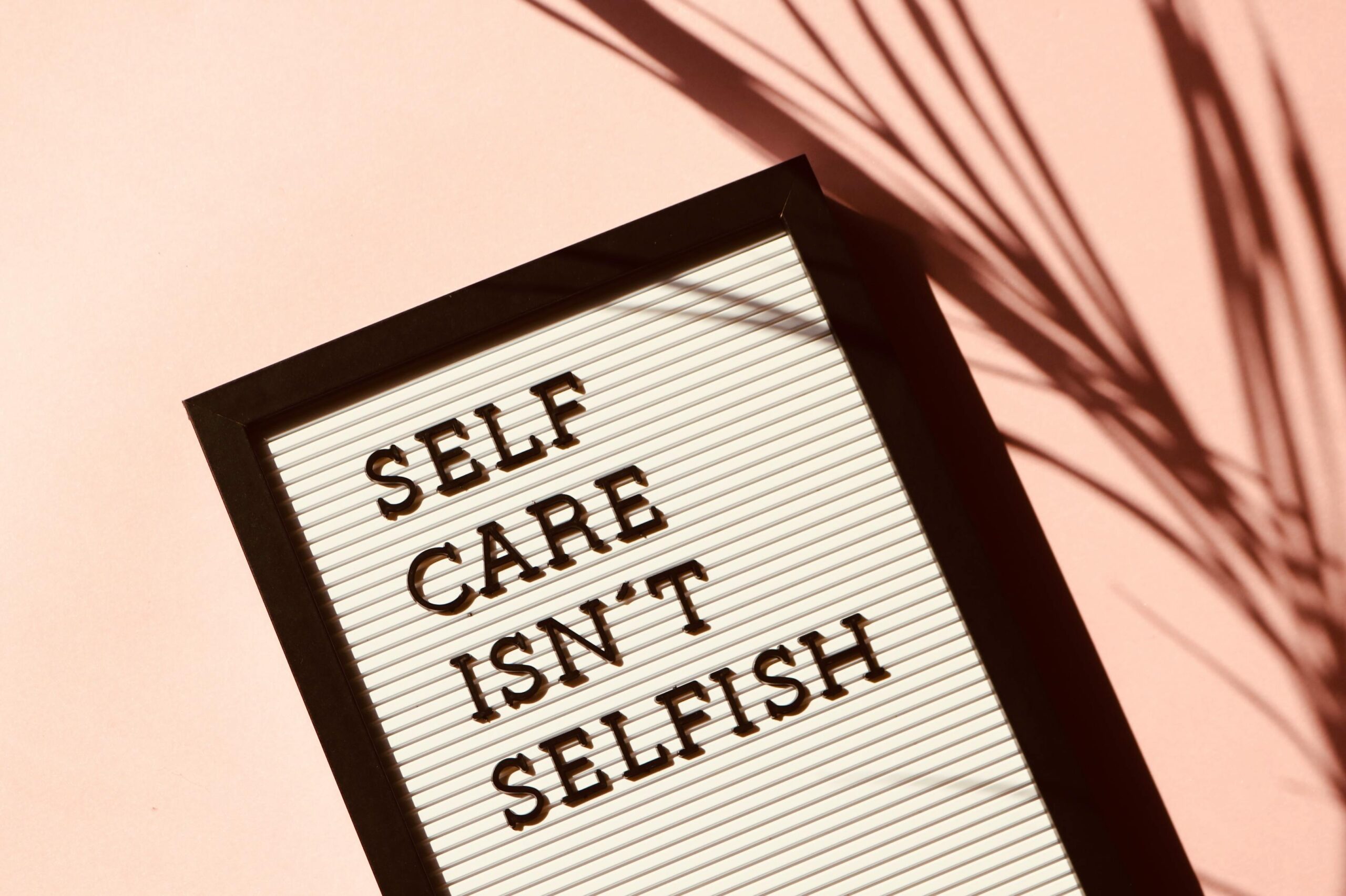How Self-care Contributes to Mental Health

Self-care is intentionally nurturing physical, emotional, and mental wellness. While often associated with physical relaxation or indulgent routines, self-care has more profound implications for mental health. It involves actively engaging in practices that foster emotional well-being and improve mental wellness, providing long-term benefits beyond momentary comfort or relief. Let’s explore how self-care impacts mental wellness by examining its key contributions.
Reduces Stress
Stress is often reported as a factor negatively affecting mental health. Engaging in self-care practices helps alleviate stress by allowing individuals to pause from daily obligations and focus on their mental and physical needs. Regular self-care activities, such as meditation, yoga, journaling, or taking short breaks throughout the day, activate the body’s relaxation response, which may reduce the production of stress hormones like cortisol.
These practices also regulate the autonomic nervous system, helping individuals maintain a state of calm over time. For instance, setting aside moments for deep breathing exercises can support immediate relaxation, while consistent practices may reduce chronic stress. Lowering stress levels improves overall emotional well-being and supports resilience against future psychological strain.
Improves Emotional Regulation
Self-care offers practical ways to manage emotions better and process thoughts. This is a fundamental component of mental health, as it involves exercising control over how emotions are expressed or experienced. Activities like meditation, expressive art, and journaling support individuals in processing difficult emotions constructively.
For instance, mindfulness helps cultivate present-moment awareness, allowing individuals to identify emotional triggers without reacting impulsively. Art and journaling practices serve as outlets for releasing emotions and exploring thoughts, further contributing to emotional regulation. Consistent self-care fosters greater emotional balance, equipping individuals to respond thoughtfully during emotional distress.
Increases Self-esteem and Confidence
Self-esteem improves when individuals routinely engage in practices acknowledging their value and prioritizing their needs. Taking intentional care of one’s mental health signals belief in personal worth, which may directly impact self-esteem and enhance confidence. Examples of self-care actions that promote self-respect include setting healthy boundaries, engaging in enjoyable hobbies, and maintaining grooming and physical health routines. Establishing these habits reinforces self-perception and acceptance, contributing to a positive view of oneself. Higher self-esteem not only improves emotional well-being but also increases motivation and the ability to achieve personal goals.
Enhances Relationships
Self-care supports healthy relationship dynamics by fostering stronger emotional awareness and interpersonal balance. When individuals prioritize their mental health, they become better equipped to nurture meaningful interactions with others. For instance, self-care practices like reflection or therapy encourage the development of healthier communication patterns, reducing misunderstandings in relationships. Taking time for personal rest and rejuvenation prevents feelings of burnout, allowing individuals to maintain a more empathetic and supportive presence in their social and familial circles. Through strengthening interpersonal dynamics, self-care creates a ripple effect that promotes mental wellness through connection and community support.
Request a Mental Health Evaluation Today
Self-care is a key contributor to mental wellness, offering practical ways to reduce stress, regulate emotions, build self-esteem, and foster supportive relationships. Integrating consistent self-care practices into your routine supports immediate emotional well-being and long-term mental wellness. Request a mental health evaluation today and access professional support and tailored recommendations.
- What to Expect When Visiting a Foot and Ankle Specialist
- Causes of PTSD
- The Link Between Plantar Fasciitis and Weight Gain: What You Need to Know
- How Pet Ownership Can Positively Impact Life with Fibromyalgia
- The Importance of Stretching and Flexibility in Sports Medicine
Dr. Emma Green is a health and wellness expert with over 10 years of experience in nutrition and fitness. Passionate about helping others live their healthiest lives, Dr. Green shares practical advice on wellness, nutrition, and sustainable living through LivingSpristine.






